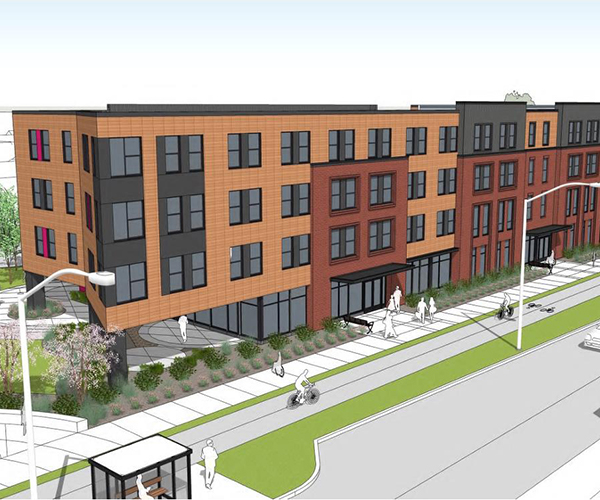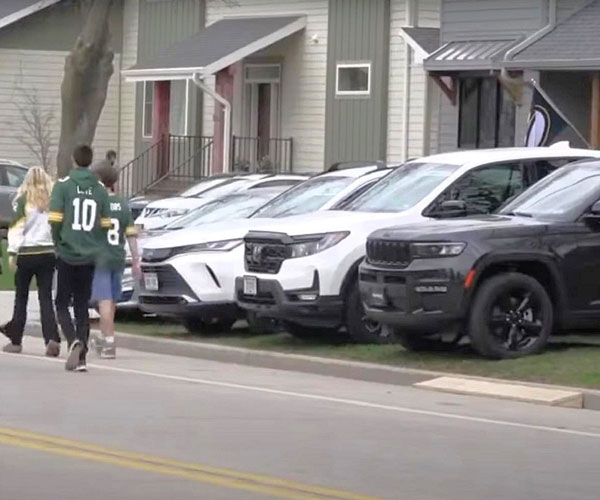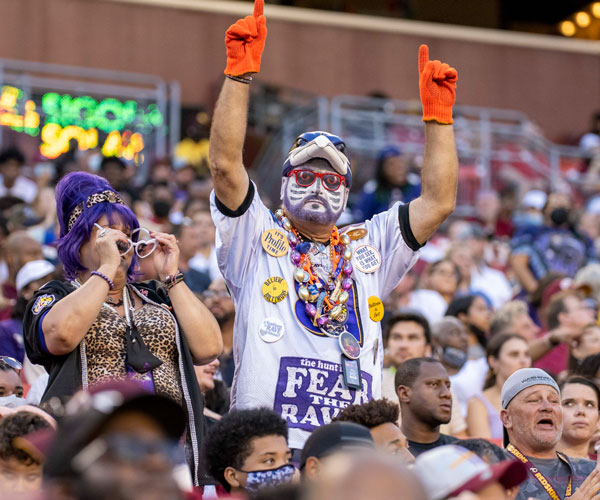Marrying a Catholic priest
Though priests are mandated by the Roman Catholic Church to remain celibate and unmarried, Linda and Phil Marcin were called to marriage and wed in 1982. Linda’s husband was laicized, forbidding him from performing priestly duties. But since canon l
He insisted I just call him Phil, but I couldn’t. I thought that the title — Father Phil Marcin — and that black shirt and stiff white collar was a good barrier. It was a reminder to me that there were certain lines I could not cross.
I was a single mom when I met him. I started attending [Akron’s] St. Bernard’s, where he was an associate pastor. We very quickly became friends. We had a lot in common. We used to discuss theology a lot. I think I frustrated him, because I was more liberal than he was. He had a very strict Catholic upbringing. I was more open. I had attended a lot of different churches, but I always felt called to the Catholic Church.
I always thought that when my son Scottie was on his own, I would become a nun. I never really thought I would ever marry again. But, I thought if I ever did find the right man, I wanted someone who loved God as much as I did.
It was a very spiritual experience the moment I fell in love with him. We were at inquiry class — a course I took to become Catholic — and he put on a song by Joe Wise called “Maleita’s Song.” The words were “I’m in love with my God and my God is in love with me. The more I love you, the more I know, I’m in love with my God.” As I listened to the words, I opened my eyes and I looked at Phil. I really believe God let me see him through His eyes. I was filled with this enormous, tender love for Phil.
It scared the living daylights out of me. At the time, I didn’t know the history of the married priesthood. I just knew priests weren’t allowed to marry. I kept my love a secret for five years. I was terrified that when he looked at me, he would be able to tell how I felt about him.
After five years, it became too difficult. I was going to leave St. Bernard’s. I invited him over to dinner to say goodbye. That’s when we admitted to each other that we were in love. That’s the first time I could call him Phil.
For two years after that, neither one of us wanted him to give up his priesthood, but we also couldn’t stand the thought of losing each other. The only person I told during that time was my son Scott. He was really a genius. At 12 years old, he had researched all of this and knew that mandatory celibacy did not come from God. It was a man-made rule imposed in the 12th century. It opened me up to a whole new reality.
It’s terrible to be in love and just want to tell the whole world but have to keep it a secret.
Phil and I went through counseling. We realized we were called to marriage.
It was a relief to tell my friends. My friends knew I was in love, but not with whom. I think they thought I was in love with a married man. They were thrilled when they found out it was Phil, because everyone loved and respected him.
For his family, it was very difficult. They were very strict Catholics. Wonderful people, but they didn’t all understand. I think Phil’s mom, along with a lot of other people, thought I was competing with God in his life. When we were called to marriage, I think people thought he put me above the Lord, which was anything but true.
About a month before he left, Phil told the parishioners at all the Masses exactly what he was going through, told them they could come and ask any questions. Instead of leaving town and disappearing, we stayed in Akron and made ourselves available. That’s how our ministry continued.
We were married in May of 1982. We couldn’t get married in the Catholic Church, but we had a religious ceremony at Arlington Church of God. We had our marriage validated in the Catholic Church in 1986 after Phil was laicized. We still believe he is a priest, though. Once ordained, you are always ordained.
We had two sons. Phil baptized both of them and gave each their first communion.
People ask us why we stay Catholic. We believe in the church. We believe in the sacraments. We know the church has a lot of problems, but they are not going to be solved if people like us take the easy way out and leave. So we stay and hope we can make a difference.
— as told to Andy Netzel
********************BONUS WEB CONTENT*********************
In May's Experience, Linda Marcin tells the story of how she fell in love and married the Rev. Phil Marcin, a Roman Catholic priest. Cleveland Magazine asked the Marcins and the Cleveland Catholic Diocese if they would answer some questions on tape. The Marcins agreed, but the diocese refused.
We directed the questions for the diocese instead to Sheila McGinn, a John Carroll professor who teaches early church history. Click on the questions below to hear the answers.
Phil Marcin: What effect does mandatory celibacy have on the priesthood?
Linda Marcin: Would allowing married priests to serve solve the priest shortage?
Phil Marcin: Should you be able to serve?
Sheila McGinn: Is there a historic basis for celibacy in the church?
Sheila McGinn: Why doesn't the Vatican let married priests serve?



